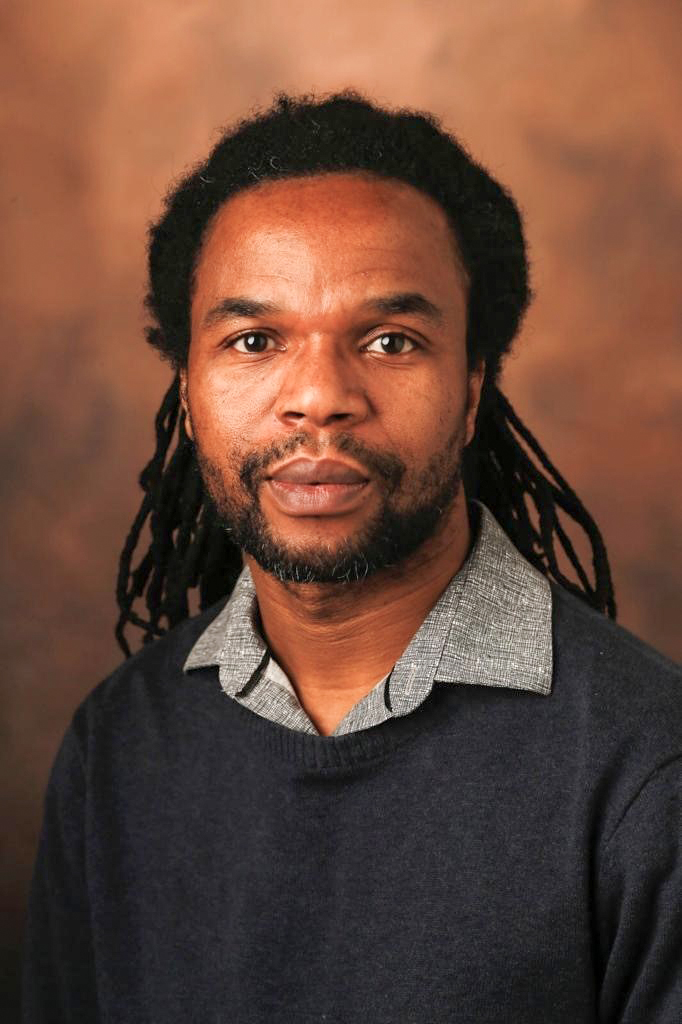System Transfer, Education, and Development in Mozambique
José Cossa
2011
2011
Abstract
Cossa, J. (2011). Education and System Transfer in Mozambique. International Journal of Education Policy and Leadership, 6(2).
In this study the author used conceptual historical method to assess the phenomenon of system transfer and the association between education and development in Mozambique. The assessment was administered through critical analysis of documents pertaining to the Salazar (1924-1966), Machel (1975-1986), and Chissano (1986-2005) administrations. The findings were that (a) the colonial government created economic and educational systems for colonizing Mozambique, whereas the Machel and Chissano administrations adapted foreign systems of government and education (i.e., Socialism, Soviet, Democracy, Portuguese, etc.), to their particular context without altering the inherent theoretical basis of the systems transferred; (b) the Machel and Chissano administrations, implicitly or explicitly, perceived the relationship between education and development as circular causality rather than a unidirectional linear causality, while the Salazar administration perceived it as unidirectional linear causality; and (c) while the Machel and Chissano administrations focused on primary education, literacy campaigns, and education of women and girls, they differed in the reasons for such focus.
Abstract
Cossa, J. (2011). Education and System Transfer in Mozambique. International Journal of Education Policy and Leadership, 6(2).
In this study the author used conceptual historical method to assess the phenomenon of system transfer and the association between education and development in Mozambique. The assessment was administered through critical analysis of documents pertaining to the Salazar (1924-1966), Machel (1975-1986), and Chissano (1986-2005) administrations. The findings were that (a) the colonial government created economic and educational systems for colonizing Mozambique, whereas the Machel and Chissano administrations adapted foreign systems of government and education (i.e., Socialism, Soviet, Democracy, Portuguese, etc.), to their particular context without altering the inherent theoretical basis of the systems transferred; (b) the Machel and Chissano administrations, implicitly or explicitly, perceived the relationship between education and development as circular causality rather than a unidirectional linear causality, while the Salazar administration perceived it as unidirectional linear causality; and (c) while the Machel and Chissano administrations focused on primary education, literacy campaigns, and education of women and girls, they differed in the reasons for such focus.
Social Movements
Keywords
Africa, Decolonialism, Democracy
Theme
Social Movements Within; Through; and for Public Education
